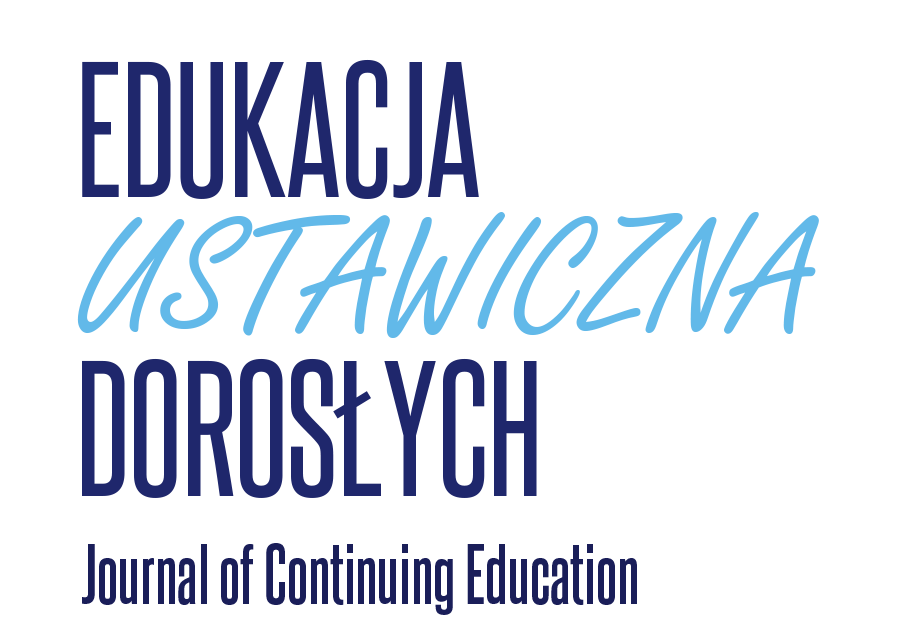Psychospołeczne koszty elastycznej pracy – wybrane problemy organizacyjne i edukacyjne ![]()
Aleksandra KULPA-PUCZYŃSKA, Dorota NAWRAT
The chosen organizational and educational aspects of the psychosocial costs of the work flexibility
Słowa kluczowe: elastyczne formy zatrudnienia i organizacji pracy, zagrożenia psychospołeczne w środowisku pracy, niestabilność w pracy, pracoholizm, przeciążenie, stres, wypalenie zawodo-we.
Key words: flexible forms of employment and work organization, psychosocial risks in a work environment, job instability, workaholism, overload, work-related stress, professional burnout.
Abstract: This article is an attempt to participate in the discussion – ongoing in Poland – on the condition and perspectives of development of flexible employment and its consequences. The primary objective of the study is to indicate the selected costs of „flexible” work such as: employment instability, workaholism, overwork, stress. The content of the paper underscores the importance of psychosocial costs of work and their impact on employees’ health and the importance of education in terms of preventing psychosocial risks in awork environment. The attempt of describing the problems was based on studying subject literature and the results of the research on flexible forms of employment and work organization. One of the conclusions could be that work addiction is caused not only by the lack of a rigid time frame for professional activity, but also the lack of greater responsibility and continuous availability of employees. Fast professional burnout can be caused, for example, by new possibilities of handling professional carrier development, encouraging investing in one's professional path. Flexible work patterns influence workers' leisure time and their family life.


